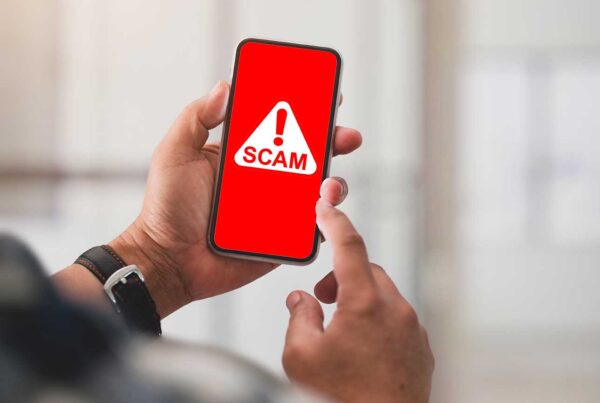Unfortunately, Internet fraud and scams have essentially become a part of life nowadays. It seems like every other day a new story about a security breach makes the local or national news. As your financial partner, we know that you trust us with your hard-earned money and that is a responsibility we take very seriously. Stay ahead of online crooks by following these tips to help you avoid becoming a victim.
1. Passwords should be like snowflakes
In today’s world you need a password for nearly everything and it’s difficult to keep track of them all. That said, your online passwords should be like snowflakes: no two passwords should be alike! With different passwords, you can avoid having multiple accounts compromised in the event of an Internet security breach. If one of your accounts is hacked, you only have to change that password instead of all of them.
2. Monitor your account(s)
You might not balance your checkbook as often as people used to years ago, but you should be checking your accounts regularly for fraudulent activity. Online banking is easy to use and transactions are posted quickly. If something on your account appears to be suspicious, contact us or any other financial you work with to address the situation.
3. Act fast
If you’ve been the victim of a cyber crime, time is of the essence. If you think someone has made a withdrawal from your account or you see charges on your credit card statement that you didn’t make, the faster you let us know the better. We use state-of-the-art software that protects you from most instances like the ones mentioned above, but bad guys are always working to find loopholes in the system. Moral of the story: if you think something is wrong with your account, give us a call. We are your financial partner and we are here to assist in any way that we can.
4. Don’t talk to strangers
Many scams don’t necessarily start on the Internet. They take place in the form of criminals pretending to be calling from your credit union or bank. If you receive a call and are asked to provide your account number, routing number, debit or credit card number, don’t give it out! We will never call you and ask you for this information. We can say never because as your financial partner, we already have this information in our system. If you receive a call from someone asking for your personal financial information you should follow these steps:
- Hang up
- Contact your credit union or bank and let them know to help others from becoming a part of a scam
- Check your accounts just to make sure
If you think you may have accidently provided your personal financial information to someone over the phone or via the Internet, be sure to contact us or any other financial you work with and cancel your debit and/or credit cards. At CitizensFirst, we can get you a new debit card the same day. You can never be too safe!
We hope that these tips have been helpful. Please be sure to check our blog regularly for more information like this.




 Federally Insured by NCUA |
Federally Insured by NCUA |  Equal Housing Opportunity |
Equal Housing Opportunity |